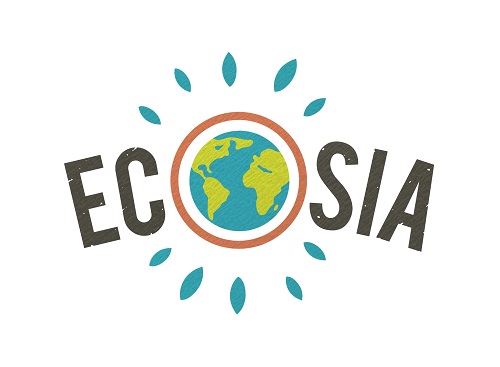

Kroll told Handelsblatt he's not allowed to reveal the exact percentage. When someone clicks on an ad in Ecosia, Microsoft earns money, according to Kroll, but Ecosia gets a large portion of the sales. Users entering a keyword in Ecosia essentially see the same results as via Bing, including the ads. In a May 2021 Handelsblatt article, example figures from March showed revenues of €1,969,440, while the largest expenditure was "Trees" at €789,113, ahead of the second-largest expenditure, operating costs, at €543,425. As a result, Kroll and Ecosia co-owner Tim Schumacher gave up their right to sell Ecosia or take any profits out of the company. In October 2018, founder Christian Kroll announced he had given part of his shares to the Purpose Foundation. taking about 0.22 euro (€) Business model Ĭhristian Kroll (2019), founder of EcosiaĮcosia uses 80% of its profits (47.1% of its income) from advertising revenue to support tree-planting projects. A single search on Ecosia raises approximately half a Euro cent (0.005 EUR) on average, according to Ecosia's FAQ. Ecosia shows advertisements next to its search results and is paid by partners every time a user is directed to an advertiser via a sponsored link.

Įcosia users conduct over 10,000 searches every minute. The company states in its privacy policy that it does not create personal profiles based on search history or use external tracking tools like Google Analytics. Searches are encrypted and not stored permanently, nor is data sold to third-party advertisers. In 2018, Ecosia committed to becoming a privacy-friendly search engine. Įcosia's search results have been provided by Microsoft Bing since 2017. Ads were delivered by Yahoo! as part of the revenue sharing agreement with the company. At launch, the search engine provided a combination of search results from Yahoo! and technologies from Bing and Wikipedia.


 0 kommentar(er)
0 kommentar(er)
